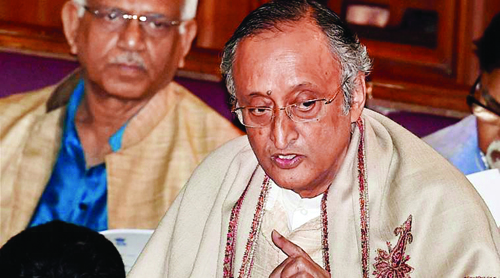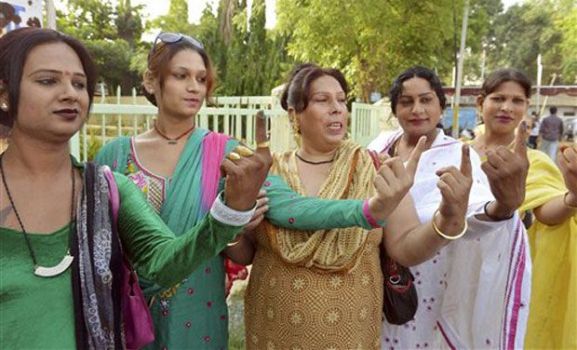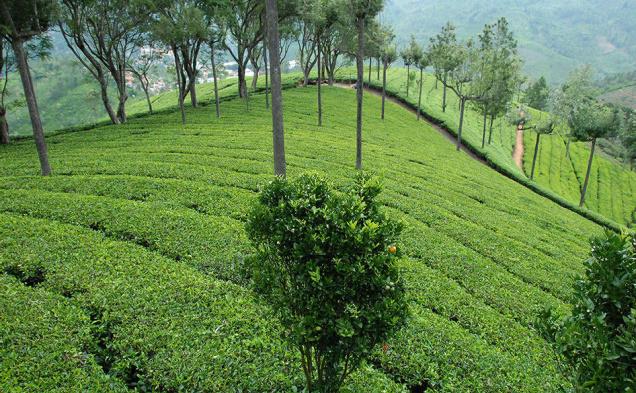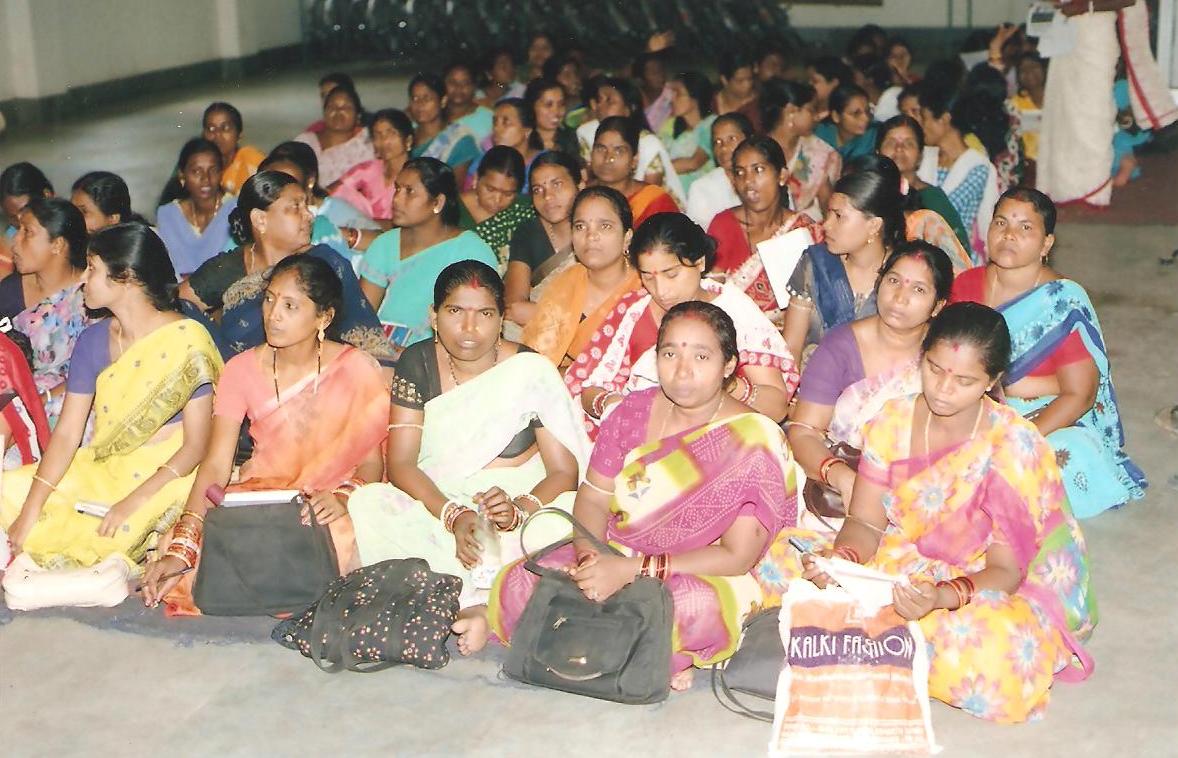State Finance minister Amit Mitra on Friday tabled the West Bengal Finance Bill, 2017 which is likely to give benefit to 1.06 lakh traders.
Tabling the Bill, Dr Mitra said it would give relief from payment of tax to dealers having turnovers more than Rs 10 lakh and upto Rs 20 lakh by increasing the threshold of the turnover for VAT liability from the present Rs 10 lakh to Rs 20 lakh. So long, traders having turnovers upto Rs 50 lakh used to enjoy the benefit of the composition scheme.
From now onwards, small manufacturing dealers with upto Rs 50 lakh turnovers have been brought under the scheme. The mandatory VAT audit report has been removed and this is going to benefit businessmen immensely. Mitra said that the state government would give benefit those dealing with biodiesel by completely exempting tax.
Similarly, those doing business with hairbands and hairclips would not have to pay tax. Such benefits would be extended to those dealing with water heaters, kerosene stoves, leaf plates and cups and terracotta tiles. The rate of tax has been lowered from 14.5 percent to 5 percent on sale of machinery for generation of electricity from waste.
Dr Mitra said the steps would help small traders and manufacturers whose number would be around 1.06 lakh. The Bill also seeks to amend the Indian Stamp Act, 1899 and the West Bengal Taxation Tribunal Act, 1987. Also, the West Bengal Tax on Entry of Goods into Local Areas Act 2012 was sought to be amended.
Dr Mitra also said as an effect of demonetisation, middle class people were finding it difficult to buy flats as they have to pay seven per cent stamp duty on the value of the property on the date of booking a flat or a housing property. It may be recalled that the state government has decided to give Rs 50,000 to 50,000 craftsmen who used to work in other states in the gems and jewellery industry and those who lost jobs due to demonetisation.
The state government has also enhanced the remuneration of anganwadi and Asha workers by Rs 500. The West Bengal Appropriation Bill was passed by the state Assembly on Friday with the House approving Rs 14,708 crore as additional expenditure for social infrastructure projects.
Moving the Appropriation Bill 2017, state Finance minister Amit Mitra said a sum of Rs 14,708 crore would be spent for social infrastructure projects like housing, rural electrification and supply of rice to APL and BPL families. A sum of Rs 3,137 crore would be spent on supplying rice to families belonging to the APL and BPL categories, Mitra said, adding Rs 1,022 crore was proposed to be spent for rural electrification.
বিধানসভায় ফিনান্স বিল পেশ করলেন অর্থমন্ত্রী অমিত মিত্র
‘মা–মাটি–মানুষের বাজেট পাখির চোখে দেখতে হবে। ৩৫ মিটার উঁচু থেকে দেখুন। বুঝতে পারবেন সাধারণ মানুষের দৈনন্দিন সমস্যা মোকাবিলার লক্ষ্য নিয়ে আমরা বাজেট করেছি।’ বৃহস্পতিবার বাজেট আলোচনায় বিরোধীদের সমালোচনার জবাব এভাবেই দিলেন অর্থমন্ত্রী অমিত মিত্র।
ফের বিরোধী সদস্যদের তিনি বোঝালেন, মুখ্যমন্ত্রী মমতা ব্যানার্জির সরকার পরিচালনার চিন্তাভাবনার কথা মাথায় রেখেই এই বাজেট করেছেন তিনি। বোঝালেন, নোটবন্দীতে ভয়ঙ্কর ক্ষতিগ্রস্ত একেবারে নিচুতলার মানুষ। তাঁদের একটু সাহারা দেওয়ার লক্ষ্যকে সামনে রেখেই এই বাজেট পরিকল্পনা করা হয়েছে। আর এই বাজেটে ভর করেই বাংলা নতুন দিশায় পা বাড়াবে, ভারতসেরা হয়ে উঠবে।
অর্থমন্ত্রী তাঁর ভাষণে জোর দিয়েছেন নোটবন্দী দশায় অসহায় শ্রমিক–কৃষকের সহায়তার প্রশ্নে। বলেছেন, এটা মমতা ব্যানার্জির সরকারের বাজেট, তাই মানবিকতাকে বিশেষ জোর দিয়েছেন তিনি। কীভাবে রাজ্যের জিডিপি বছরের পর বছর বাড়ছে আর তা কেন্দ্রীয় সরকারের উন্নয়নের গড়কে ছাপিয়ে গিয়েছে, তার তথ্য, হিসেব তুলে ধরেন তিনি।
তিনি বলেন, নোটবন্দীর ফলে সবচেয়ে ক্ষতিগ্রস্ত ভিনরাজ্যে কাজ হারিয়ে ফেরা শ্রমিকরা। এমন ৫০ হাজার শ্রমিকের জন্য এককালীন ৫০ হাজার টাকা করে অনুদান দেবে সরকার। ক্ষতিগ্রস্ত কৃষকদের জন্য রাখা হয়েছে ১০০ কোটি টাকা। আইসিডিএস কর্মীদের ভাতা বাড়ানো হয়েছে ৫০০ টাকা করে। সবই করা হয়েছে মানবিক দৃষ্টিতে। অর্থমন্ত্রী বলেন, ধারের সঙ্গে গড় অভ্যন্তরীণ উৎপাদনের অনুপাত অর্থনীতির গুরুত্বপূর্ণ মাপকাঠি। সেটাই আমরা এই ৬ বছরে কমিয়ে আনতে পেরেছি। এটা আমাদের সাফল্য। এই সাফল্যের ও মানবিকতার পথ ধরেই বাংলা দেশের সেরা রাজ্য হওয়ার দিকে।




